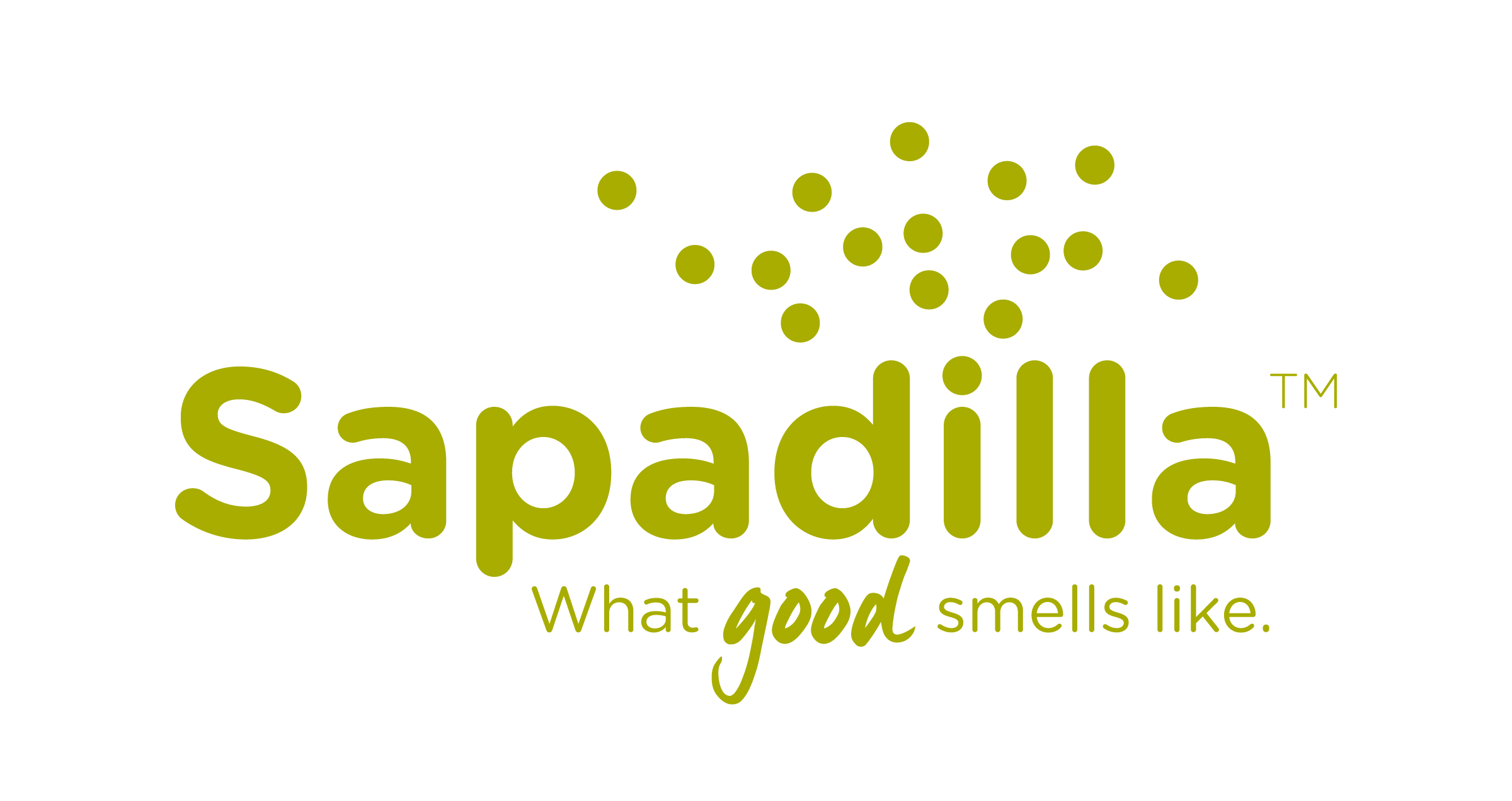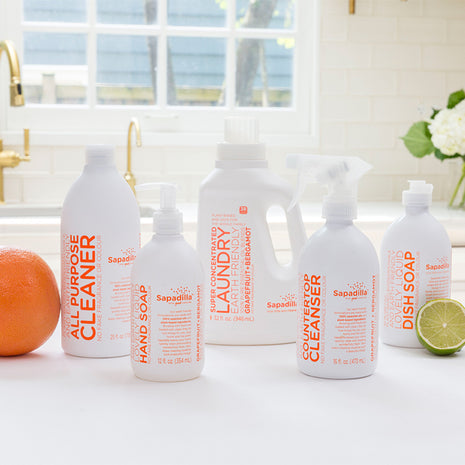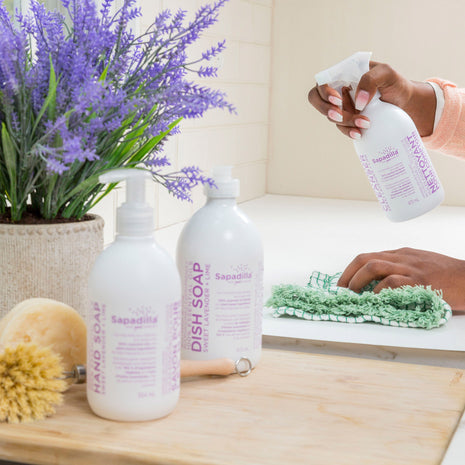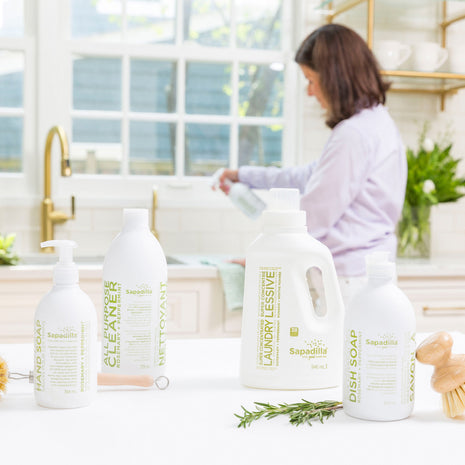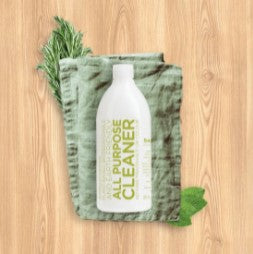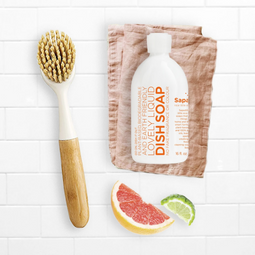When you think of citrus, you probably imagine a lemon, lime, or maybe even a grapefruit. But what about bergamot? It might surprise you to learn that bergamot is actually among the same family of fruits that make you pucker up!
What is Bergamot?
Bergamot is a type of orange, the fruit of the Citrus bergamia plant. It's primarily grown in the province of Reggio di Calabria in Italy and around the Mediterranean.
The fruit looks more like a lemon or lime than an orange and has a very distinct scent and flavor. The taste is akin to a combination of lemon and bitter orange. According to Alan Davidson’s The Oxford Companion to Food (2nd ed.), unlike its other orange cousins, bergamot is too bitter to be eaten raw. So it is grown specifically for its fragrant oil, although it tastes better candied, in preserves, marmalades, and tea.
That’s right. Tea. If you're a fan of earl grey or lady grey tea, then you've tasted bergamot! Bergamot oil extracted from its rind is the main ingredient used to flavor this quintessentially English tea.
Bergamot in Essential Oils
Other than its unique flavor, bergamot is highly prized for its essential oil, which is extracted using the cold-press method. This method ensures that the oil doesn't lose any of its unique character or aroma. The rinds of the fruit are pressed to extract the oil from within the cells of the peel.
As for its scent, it has fresh citrus notes with a slightly floral and sweet aroma that is unmistakable. Trust us. When you get a whiff of it, you'll know it's bergamot. Many people find this scent to be calming, and in old wives’ tales, it was favored as a sleep remedy. While no recent studies back this claim up, that shouldn’t stop you from enjoying this refreshing scent around the house.
Benefits of Bergamot Oil (According to Science)
In a 2018 study, researchers decided to put bergamot peel oil to the test as an antibacterial. They found that it had similar antimicrobial properties to Citrus lemon and Citrus simensis – better known as lemon and orange. As a result, they concluded that the bergamot peel oil obtained in their study could be classified as strong bacteria inhibitors.
It's important to remember these studies were not conducted on Sapadilla products or Sapadilla products containing bergamot essential oi, but on pure bergamot peel oil.
Sapadilla Grapefruit + Bergamot
Here at Sapadilla, we use 100% pure bergamot essential oil for all our nice little eco-cleaners and soaps. Our Grapefruit + Bergamot Hand Soap, All Purpose Cleaner, Countertop Cleanser, Dish Soap, and Laundry Liquid combine our favorite citrus scents with other essential oils. With our Grapefruit + Bergamot products, you get a fresh blend of sweet, citrusy goodness, combining top notes of lemon and litsea cubeba, heart notes of juicy grapefruit, and sweet orange, anchored with deep and delicious bergamot. It's an aromatic treat straight from Mother Nature!
So when life gives you bergamot… add grapefruit and more! Make every day a Sapadilla day - bursting with fresh, loaded with clean!
References
Davidson, Alan. The Oxford Companion to Food. 2nd ed., Oxford University Press, 2006.
Lazarotto, Marcos, et al. “Chemical Composition and Antibacterial Activity of Bergamot Peel Oil from Supercritical CO and Compressed Propane Extraction.” The Open Food Science Journal, The Open Food Science Journal, Oct. 2018.